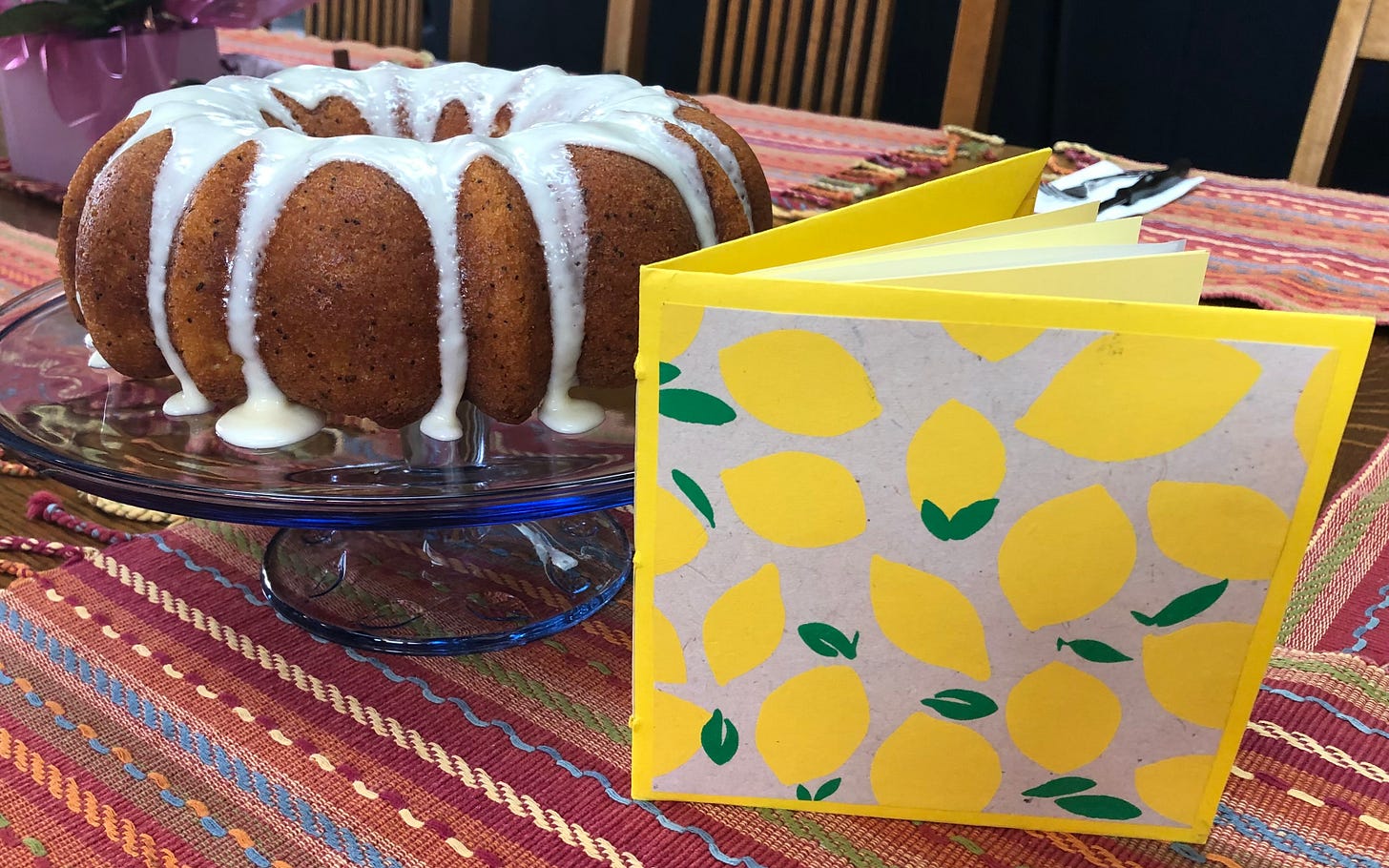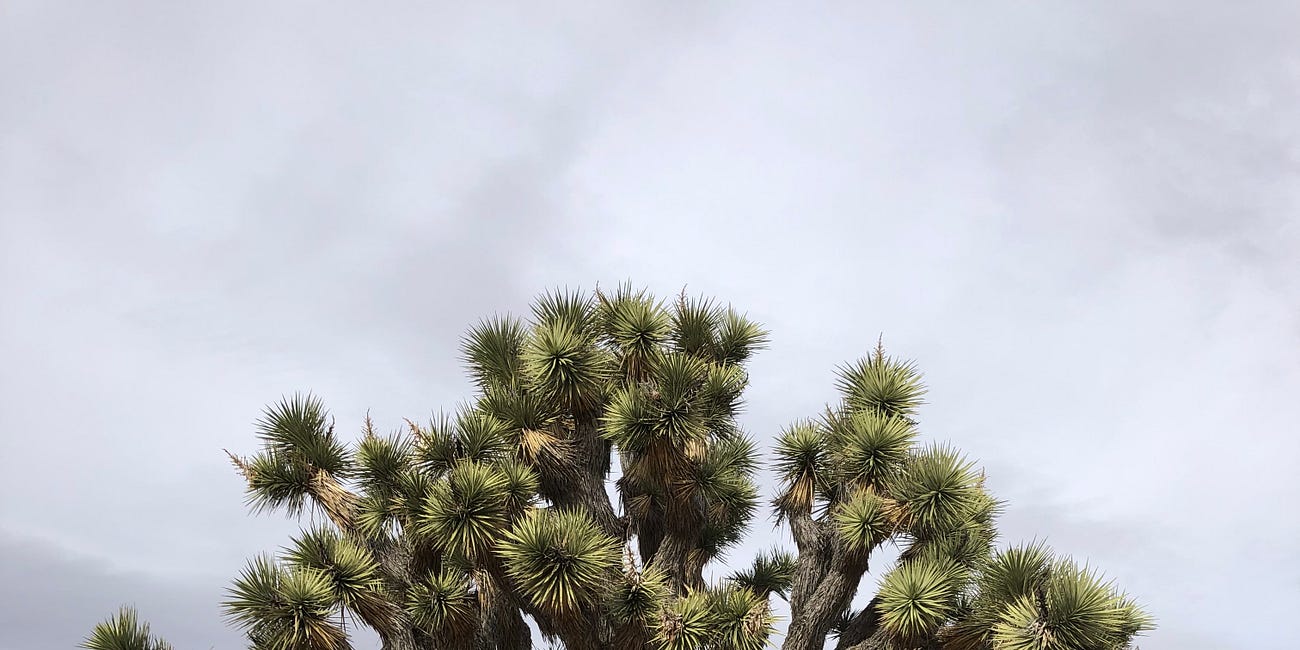Activists Fight Ecce Homo in Libraries
“No ecce homo!” Moms for Liberty declare in book challenge. Plus “Crudo.”

Copies of Ecce Homo by Arturo Crítico are being removed from public and school libraries for review after complaints from the activist group Moms for Liberty. “Pure pornography,” said one spokeswoman who wishes to remain anonymous. “How much flesh can one book contain without it having a threesome?!”
In support, Representative Majorie Taylor Greene (R-Georgia) commented, “A hundred paintings of Jesus with only his gentiles covered. Those sorts of images should only be displayed in a hearing of the House Oversight and Accountability Committee concerning Hunter Biden. The Gazpacho police should remove it!” Lauren Boebert (R-Colorado) added, “That sort of display should be reserved for public theaters!” Meanwhile, Donald Trump reminded the public that his Bible was on sale for $59.99. When asked for a comment, the author of Ecce Homo, Arturo Crítico, said, “For God’s sake, read the book!”
Happy April Fools’ Day!
Yes, the above is very silly—and entirely fictional. But if you saw something like it in the news, would it surprise you?
Since yesterday was Easter, I didn’t post on my usual day (Sunday). I am a celebrant and marked Good Friday, Easter Vigil, and Easter Day with church and family. And cake. I’ve made five cakes in the last few weeks. I think it’s becoming a hobby.
Gratitude and books: Crudo
Jacket copy:
From a Tuscan hotel for the super-rich to a Brexit-paralyzed United Kingdom, Kathy spends the first summer of her 40s adjusting to the idea of a lifelong commitment. But it’s not only Kathy who’s changing. Fascism is on the rise, truth is dead, the planet is heating up, and Trump is tweeting the world ever closer to nuclear war. How do you make art, let alone a life, When one rogue tweet could end at all?
In Crudo, her first work of fiction, Olivia Laing radically rewires the novel with a fierce, compassionate account of learning to love when the end of the world seems near.
Crudo begins in May 2017 and ends the following September. I can’t imagine how it came into the world so quickly, but it was published in 2018 (W. W. Norton & Co.). It’s interesting to read a novel about the pre-pandemic world, but close in time to it. Much of what happens is based on real news and events, so there’s a citation section at the end, many of the pieces by the ostensible subject and protagonist of the novel, Kathy Acker.
While the jacket copy description of a woman learning to love in what feels like an apocalyptic moment is accurate, it’s a book about anxiety as well—how it emerges, how we deal with it.
I want to thank
for being one of the people to recommend it in her post Celebrating the Sentence. There’s so much in this novelette (140 pp.) for the student of writing. The sentences, as Kelly discusses, which are often poetic in their imagery. And also the tone that matches the protagonist’s anxiety and desire to find the positive in spite of world events.Here are some samples. If you are working on elevating your writing with sensory detail or wondering how to hop from the general state of the world to a specific feeling/response to it, I recommend you read Crudo.
She was feeling panicky, she couldn’t quite remember how to be alone, ironic since she was the poster girl for female solitude, itself ironic, since she barely regarded herself as female. A fag with tits, statistically improbable but not unheard of, especially in the conglomerate-building Internet era of gender dismantlement. The best thing about breast cancer was a double mastectomy, lop them both off she’d said, I always hated them. Hair cropped, skinny, flat-chested, she was a lovely dickless boy, a wrinkling Dorian Gray, fondling her jewels…. No one Kathy actually liked had a stable gender identity, not really. Transitioning, she loved the word, with its sense of constant emergence and zero arrival.
All night the combines worked in the field. When she woke at dawn, the greyish wheat was gone and the stubble was gold, the straw organised in shining lines. Walking that afternoon had felt like swimming, the air, blood-warm, the apples falling on untended ground. When the combine passed the chaff poured out unstintingly, the thick dust drifting through the air, like woodsmoke.
Marriage hadn’t solved anything, if by anything, you mean, Kathy herself, basic dukkha, the unfulfilling nature of existence, it hadn’t stopped time, it was still all going on around her.
The past was gone, … there were definitely unpleasant changes up ahead, less money, fewer elephants, one day for sure, no water in the taps. Kathy, hoped to be dead by then, but she’d prefer it if the mostly benevolent life she lived, was shared equally by all people. A crane in the distance, the imperative to make it over, make it new.
Kathy had always wanted to live in a Heath Robinson house, she was frantic to have it, even the taps were dotable and dear, little stainless-steel rabbit ears.
Digression: I borrowed this book from the local library. There was one copy and I put it on hold. When I picked it up, a bookplate inside said it was donated by the friends of the library. This likely means it was donated to the friends by a library patron. Librarians go through the donated books and decide which would be good to include in the collection and which the friends should sell. This is why I love library professionals. They aren’t trying to indoctrinate anyone. They’re trying to bring the tastiest reading to the community.
Digression #2: My first Substack posts were on some great books to read for shifting POV. I’m linking them far below, after the library news, in case you haven’t seen them.
Real library and book challenge news
If you only have time to read one book ban article this week, this is really crazy, especially if you are a school librarian/library worker: How The BookmarkED/OnShelf App, Created to Help Schools Ban Books, Fuels Them Instead
Graphs: The post-2020 surge in calls for banning books, visualized
This is why we fight book bans and Senate Bill 10
We all remember our favorite childhood book. … They are …, for many of us, the first place where we realize that the ideas or feelings that cause us shame are not ours alone to hold.
California sees increase in book titles challenged
Hanover parent hoped Holy Bible would be a lesson in book ban debate
Last week, I didn’t post the article referred to in the following letter because I found it dismissive of school libraries, but I think you’ll enjoy this response. Letter: Contrary to the Tribune editorial’s assertion, there is no ‘silver lining’ to Utah’s book ban
Bills targeting book bans raise concerns about the penalties libraries could face
Experts are raising concerns, however, as some of the legislation would fine school districts or withhold library funding if their provisions are not followed, such as in Illinois and California. The enforcement measures could especially be a threat to public schools and libraries that are underfunded and understaffed, they say.
LIBRARIANS FIRED OVER RIGHT-WING BOOK BANS TURN TO CIVIL RIGHTS LAWS TO FIGHT WRONGFUL TERMINATION
At least one terminated librarian has gained a measure of success. Brooky Parks, who was fired for standing up for programs on anti-racism and LGBTQ+ stories she organized for teens at the Erie Community Library north of Denver, won a $250,000 settlement in September. Reached through the Colorado Civil Rights Division, the settlement requires her former employer to give librarians more say in decisions involving library programs.
In
’s Life with Riley this week, she discusses the craziness going on at the Hunting Beach, CA library with the installation of new board members who want to privatize the library.Info about the bid to privatize in Huntington Beach was also in Publisher’s Weekly this week.
Book Riot has a giant round up of book censorship news this week, most focused on public libraries, including the bid to privatize libraries (Huntington Beach and others).
Jodi Picoult: NH is not Florida: Book ban bill should be defeated
Earlier posts on good books for writers
Playing with POV, Part 2
Last week, I included some prompts on Joshua trees. This week, the news about these iconic trees looks pretty bad. From the Los Angeles Times: The [York] fire is the largest to burn through the eastern Mojave in recorded history, surpassing the 71,000-acre Hackberry complex fire of 2005 and seari…









I just read the BookmarkED article and wow, it’s telling that it uses AI to generate the book summaries. To me that shows disdain for the thoughtful summaries people have written, and a mistaken idea that AI is totally unbiased and able to get it right better than a person. I get parents not wanting their kids to come across something upsetting or not age-appropriate to them and also I trust librarians much more than I do companies like this. And also, at some point, students have to learn to exercise their own judgment about what to read, informed by conversations with caring and trustworthy adults.
I completely fell for it. I just eyerolled, and believed it. I don’t accept that this credulity reflects only on me! (Thanks for the laugh. At myself 😣) 👏👏